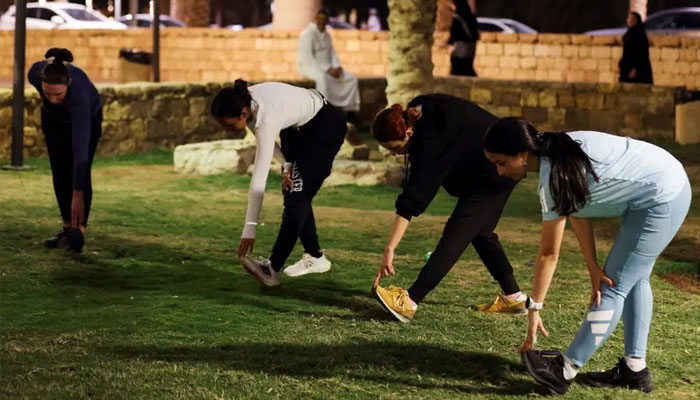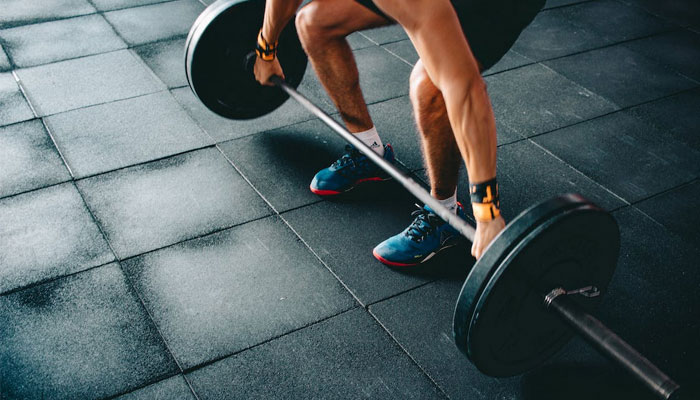Here are 5 Ramadan tips to stay fit during holy month
Muslims observe fast every day during Ramadan from sunrise to sunset and may experience low energy levels
March 11, 2024

The holy month of Ramadan has almost begun and along with blessings, the month also brings concerns for some individuals who face health struggles as a result of fasting for long hours.
Muslims observe fast every day during the month of Ramadan from sunrise to sunset — a practice due to which people often experience low energy levels.
Additionally, as the meal timings also become irregular during this month, people also experience weight gain.
So what can they do to avoid such struggles this Ramadan?
Here are five ways you can stay fit and active throughout Ramadan.
Exercise during non-fasting hours

During the holy month, you must try to work out during hours when you are not fasting such as after iftar or before suhoor.
Additionally, before and after you exercise, remember to replenish your energy levels with nutritious food and water.
Strength training

Maintaining strength and muscle mass throughout Ramadan can be effectively achieved by incorporating strength training into your exercise regimen.
You may perform basic bodyweight exercises without any equipment at home, such as planks, squats, lunges, and push-ups.
When your body speaks, listen to it

You can adjust your daily routine during Ramadan by listening to how your body feels during fasting hours.
It is preferred to choose lighter activities or less intense workout sessions if you feel fatigued or low on energy during the day.
Keep yourself hydrated

Remember to drink enough water during non-fasting hours to keep yourself hydrated as it supports your body’s ability to perform physical activity.
You must prioritise intake of fluids throughout non-fasting hours to avoid dehydration which can lead to lower exercise performance and energy levels.
Eat nutritious foods

Choosing to eat balanced meals during iftar and suhoor is a wise decision as it provides you with the necessary nutrients and energy to stay active.
Add healthy fats for satiety and general health, complex carbohydrates for sustained energy, and lean proteins for muscle repair and growth.











